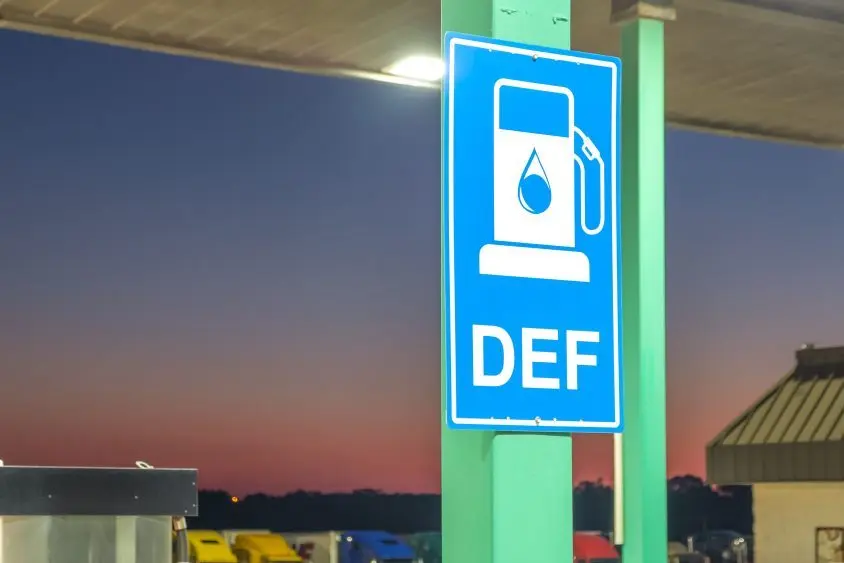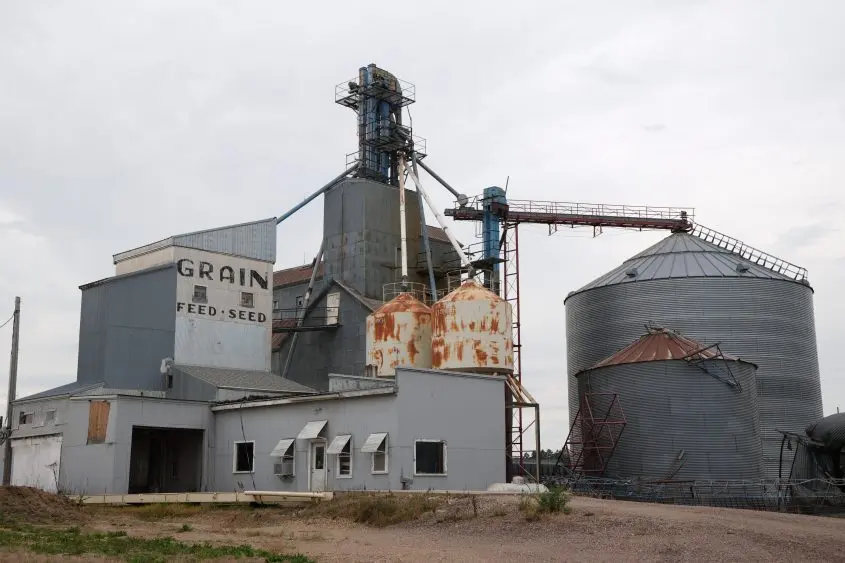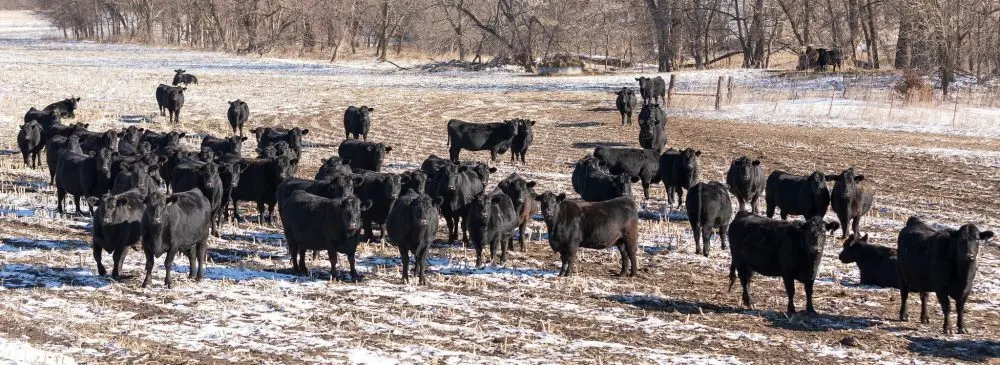DES MOINES, Iowa — The Environmental Protection Agency announced new guidance Tuesday aimed at preventing sudden speed and power losses in diesel-powered trucks, buses, and farm equipment caused by Diesel Exhaust Fluid (DEF) system failures.
EPA Administrator Lee Zeldin said the changes address widespread complaints from farmers, truckers, and other diesel equipment operators about “de-rates” — abrupt engine power reductions triggered by DEF sensor failures or empty fluid tanks. Current rules can slow vehicles to just five miles per hour within hours, stranding operators during harvests, delaying shipments, and halting construction projects.
“The frustration with DEF has been nearly universal,” Zeldin said. “These modifications provide more flexibility and reliability without compromising air quality or emissions reductions.”
Under the new guidance, manufacturers can revise DEF system software on existing vehicles to prevent immediate severe slowdowns. For heavy-duty trucks, a failed DEF sensor will now trigger a warning light with no performance impact for up to 650 miles or 10 hours, followed by a 15 percent engine derate for up to 4,200 miles. Full speed restrictions would only occur after 10,500 miles or 160 hours if repairs are not made.
For non-road farm equipment, performance will remain unaffected for 36 hours after a fault is detected, then see a 25 percent torque reduction until 100 hours, and a 50 percent reduction after that.
The EPA says all new diesel engines starting in model year 2027 will be required to incorporate similar protections by design.
Small Business Administration Administrator Kelly Loeffler said the change is expected to save the nation’s 1.8 million family farms an estimated $727 million annually by reducing costly downtime and repairs. USDA Secretary Brooke Rollins called it a “big deal” for producers facing rising input costs and equipment repair delays.
Iowa Senator Joni Ernst praised the move, saying no farmer “should ever have their tractor literally brought to a halt in the middle of a field because of a Green New Deal-style regulation from Washington, D.C.”
The new guidance, which takes effect ahead of the 2025 harvest season, also addresses concerns from bus and motor coach operators about passenger safety when vehicles are forced to stop on roadways.
“This is common sense,” Zeldin said. “We can protect the environment and grow the economy at the same time.”




